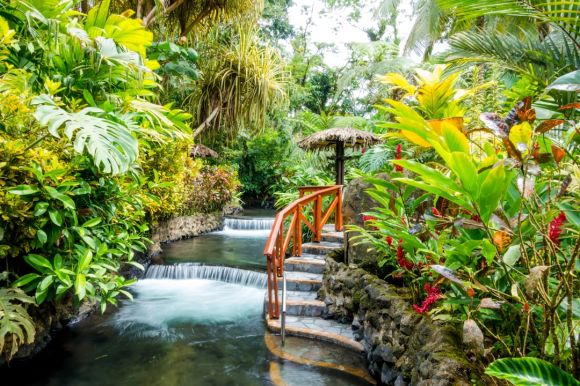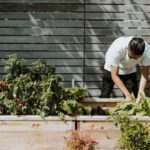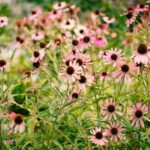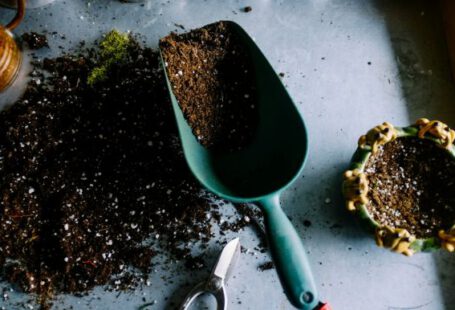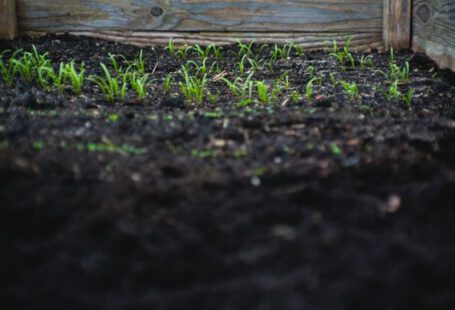Water conservation is an important practice that can help us protect our environment and preserve this precious resource. In our gardens, we can take simple steps to reduce water usage and still maintain healthy and beautiful plants. By implementing efficient watering techniques and making smart choices when it comes to plant selection and garden design, we can significantly decrease our water consumption. In this article, we will explore some practical ways to conserve water in your garden.
Choose Drought-Tolerant Plants
One of the most effective ways to reduce water usage in your garden is by choosing plants that are well-suited to your climate and require less water to thrive. Drought-tolerant plants are an excellent choice as they have evolved to survive in arid conditions. These plants have the ability to store water in their leaves and stems, making them more resilient during dry periods. By selecting native plants and those that are adapted to your local environment, you can create a beautiful garden that thrives with minimal water requirements.
Mulch, Mulch, Mulch!
Applying a layer of mulch around your plants is another great way to conserve water. Mulch helps to retain moisture in the soil by reducing evaporation. It acts as a barrier, preventing water from escaping and also helps to suppress weed growth. Organic mulches such as wood chips, straw, or compost are ideal as they break down over time, enriching the soil with nutrients. Ensure that the mulch is applied to a depth of 2-3 inches, taking care to leave a small gap around the base of the plant to prevent rotting.
Water Efficiently
When it comes to watering your garden, efficiency is key. Instead of using sprinklers or overhead watering systems, opt for drip irrigation or soaker hoses. These systems deliver water directly to the roots, minimizing water loss through evaporation and ensuring that the plants receive the water they need. Additionally, watering in the early morning or late evening when temperatures are cooler can further reduce evaporation. Avoid watering on windy days as the wind can blow water off target, resulting in wastage.
Collect Rainwater
Rainwater harvesting is an excellent way to conserve water and reduce your reliance on municipal supplies. By collecting rainwater in barrels or cisterns, you can have a free and sustainable water source for your garden. Attach a downspout to your rain barrel and position it beneath a rain gutter to capture the runoff. Make sure to cover the barrel to prevent mosquito breeding and use the collected rainwater to irrigate your plants during dry periods.
Group Plants with Similar Water Needs
Another effective strategy to conserve water is by grouping plants with similar water needs together. By creating hydrozones in your garden, you can tailor the watering requirements of each zone based on the needs of the plants within it. This allows you to water more efficiently, ensuring that each plant receives the right amount of water without wasting any. Drought-tolerant plants can be grouped together in one zone, while water-loving plants can be placed in another.
Conclusion: Promote Sustainable Gardening
Conserving water in your garden is not only beneficial for the environment but also for your wallet. By implementing these simple practices, you can significantly reduce water usage without sacrificing the health and beauty of your garden. So, go ahead and choose drought-tolerant plants, apply mulch, water efficiently, collect rainwater, and group plants with similar water needs. With these strategies, you can promote sustainable gardening and make a positive impact on our water resources.
